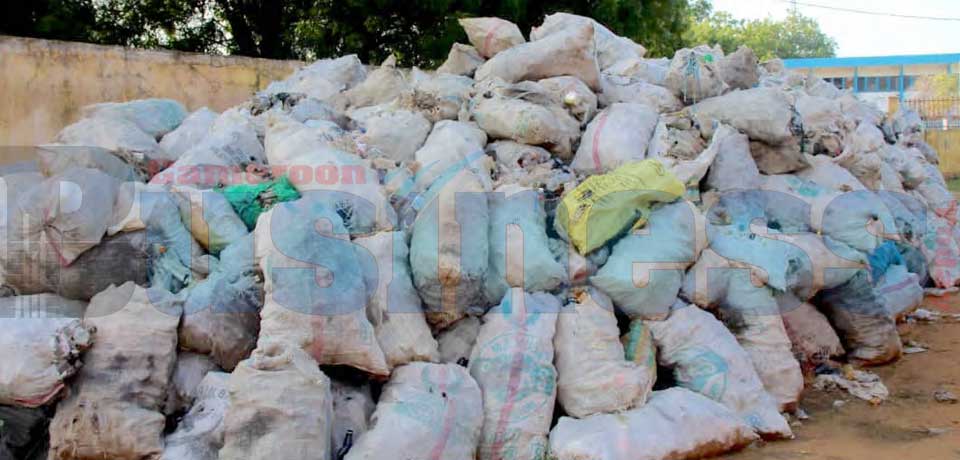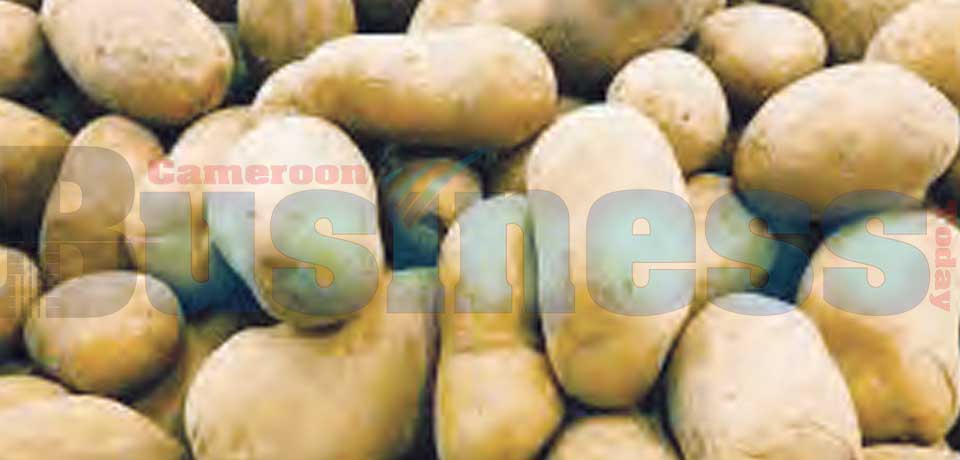As of 2022, rising inflation has become a shared trend worldwide. The overall inflation rate in Sub-Saharan Africa is expected to grow to 12.2 per cent, and this is because many countries on the continent lack a sufficient central banking system, which in turn results in the manipulation of currency to achieve short-term economic goals. Furthermore, the global supply disruptions caused by the coronavirus (COVID-19) pandemic and Russia-Ukraine war are also some of the major drivers responsible for inflation. In fact, prices are set to rise even further, as Russia and Ukraine are major wheat suppliers to many African countries. Benin, for example, imports all its wheat from Russia, while imports to Somalia originated almost solely from Russia and Ukraine. According to the IMF, Sudan has the highest inflation rate in Africa as of 2022. The rate reached roughly 245 per cent owing to a long-running economic crisis and political instability. Zimbabwe ranked second on the list of African countries with the highest inflation, averaging 90 per cent. Africa’s big economies like Nigeria is at 16.1 per cent while Ghana and Ethiopia are 16.3 per cent and 34.5 per cent respectively. Fiscal arsenals are approaching the point of exhaustion, and many sectors need ongoing fiscal support. Here enters the importance of monetary stimulus in driving a recovery. Hence the global backdrop is supportive of continuing easy monetary conditions, as long as inflation stays within acceptable limits for foreign investors and central banks. For the latter, what comprises a tolerable inflation level can be hard to gauge. With the exception of the continent’s leading economy, South Africa, few central banks in Africa have strict inflation targets, as most subordinate price expectations behind broader economic performance. A key reason for this is that inflation in Africa is often costpush and less a reflection of overheating. This is the type of inflation that we are expecting in 2022 for a large number of countries, based on higher global prices for certain goods and thus imported inflation. As a result of this, we expect the monetary policy response to be broadly tolerant. Growth is now expected to slow to 3.8 per cent this year from 4.5 per cent last year (higher than expected), according to the latest Regional Economic Ou...
- Fil Eco
- Enquête de la semaine
-
Marchés & FINANCES
-
Marchés
-
Finances
-
-
Cahiers de l'entreprise
-
Catégories
-
-
-
-
-
- Made in Cameroon
- Débats et analyses
- World Business
















Commentaires